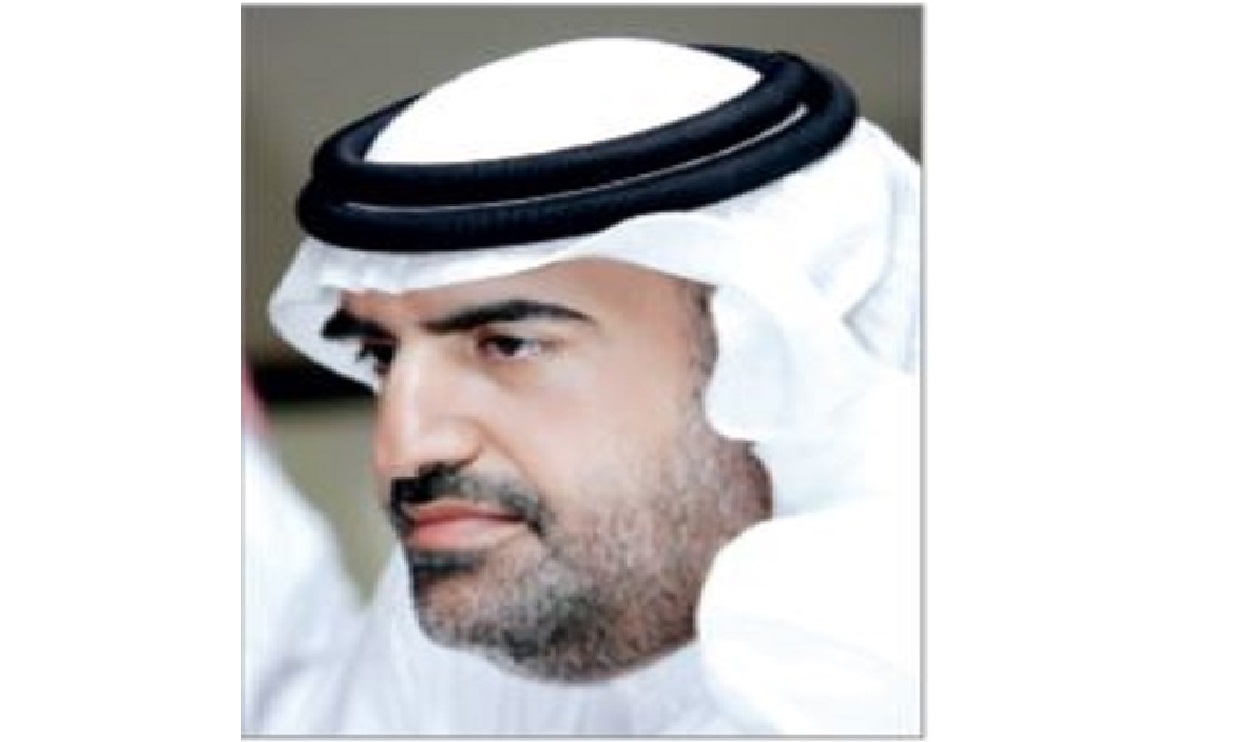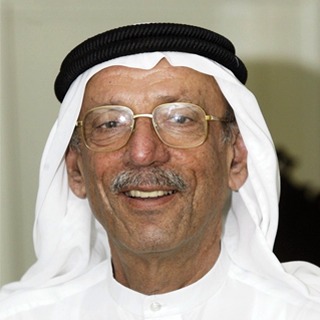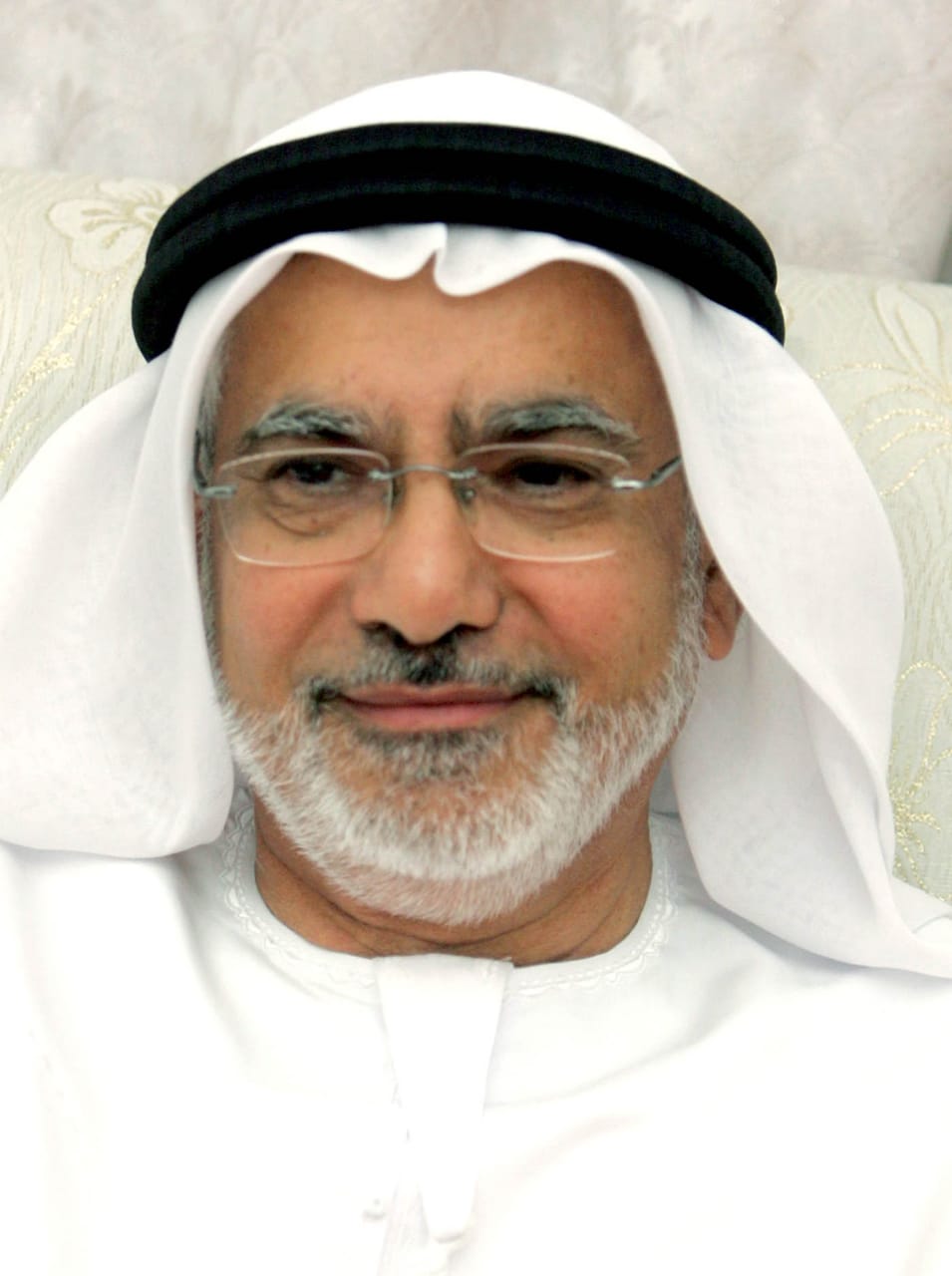1,906 عدد المشاهدات
jamal bin howaireb
I am fascinated by the great deal of attention the developed countries pay to their monuments; they even enacted strict legislation to preserve them. Such countries protect and restore their monuments turning them into universal destination for tourists from all over the world. This in turn generated large amounts of money for them, hitting two birds with one stone, as they preserve their heritage and promote it so it became a popular good, while in the process their countries become more known to others.
On the other hand, our monuments are being stolen or left to decay with time, despite the rising calls from Arab and other archaeologists everywhere, appealing to the Arab governments to ensure that the remaining monuments are protected against theft, vandalism and deterioration.
I do not exaggerate if I say that the monuments of the Islamic countries, despite being many, are the most important monuments of the world today, but is there someone who knows the value thereof in order to succeed in making them a source of livelihood for poor people who do not have oil and innovations that make them live in prosperity? Luckily, the UAE government has long taken care of monuments and preserved them, bringing many of university missions to uncover its treasures. The most important of these sites was Saruq Al Hadid “the Way of Iron” discovered in Dubai by His Highness Sheikh Mohammed bin Rashid Al Maktoum.
So what does Heritage Tourism mean? How to capitalize on it?
The meaning of tourism in ancient times
In Quran, Al Tawba Sura, Verse 2 says:
“So travel freely, [O disbelievers], throughout the land [during] four months but know that you cannot cause failure to Allah and that Allah will disgrace the disbelievers.”
The interpretation of this verse, roam this land back and forth feeling safe and not afraid of the Prophet, peace be upon him or companions, God bless them. So tourism came here in the sense of walking. Arabic dictionaries mentioned the vocabulary “tour” in the context of water flowing on the land surface, hence the word “tourism” which means walking.
Tourism has used been tourism in the past in the sense of religious tourism only. Ibn Manzoor says: “Touring the land, which means walked”. Another reference says “no touring in Islam, meaning not to depart a country and wander in the land”. Tourists in Quran appeared in the meaning of fasting people. As such, tourism wasn’t used in this sense in the past, but the connotation expanded by time. This is what is mentioned in its linguistic meaning, but it did not appear in its new sense.
Tourism has become one of the most profitable industries, supporting local and global economy. There’re different types of tourism such as:
Cultural, religious, medical, historical and other types of well-known tourism, including heritage /historical tourism which is traveling to know the history of a civilization in a particular place or country, and to see the historical monuments and relics of particular civilizations, through which we get to learn about the stories of people and places of such countries.
For those who know and benefit from heritage tourism, it is a major source of income for governments, an industry that generates billions of dollars every year.
World Heritage Fund, a non-profit organization dedicated to preserving historical heritage around the world, estimates that by 2025, global heritage sites. However, this will not be possible without developing these heritage sites, attracting more tourists.
The UNWTO forecasts that international tourist arrivals will surpass 1.6 billion persons by the year 2020.
In many developing countries, global heritage sites now generate more foreign exchange revenue than other industries including mining, logging, and agricultural exports. An estimated one-third of all international tourism is related to visiting cultural heritage sites.
The World Heritage Committee periodically adds new sites within the World Heritage List. In its 41st session held in July 2017, the committee inscribed 21 new sites bringing to 1,073 the total number of sites on the World Heritage List
There is unfavorable imbalance against the developing world in the UNESCO World Heritage List where European countries dominate the inscriptions, while Egypt, home to one sixth of the world monuments has only few of them inscribed in the list. This might be due to the lack of promotion or focus in a way encouraging the World Heritage Committee to list them on the World Heritage List.
I call on all Arab countries to do all they can to develop their heritage sites and to train their people to take care of them, turning such sites into a source of income.
More attention should be also paid to publishing historical and scientific research and inviting scientists from all universities in the field of heritage to visit and highlight Arab historical sites. Another point that we should not forget, is history and tourism TV channels, such as History Channel, National Geographic, Discovery and others; these channels would play a significant role in attracting tourists to heritage sites in our region.




